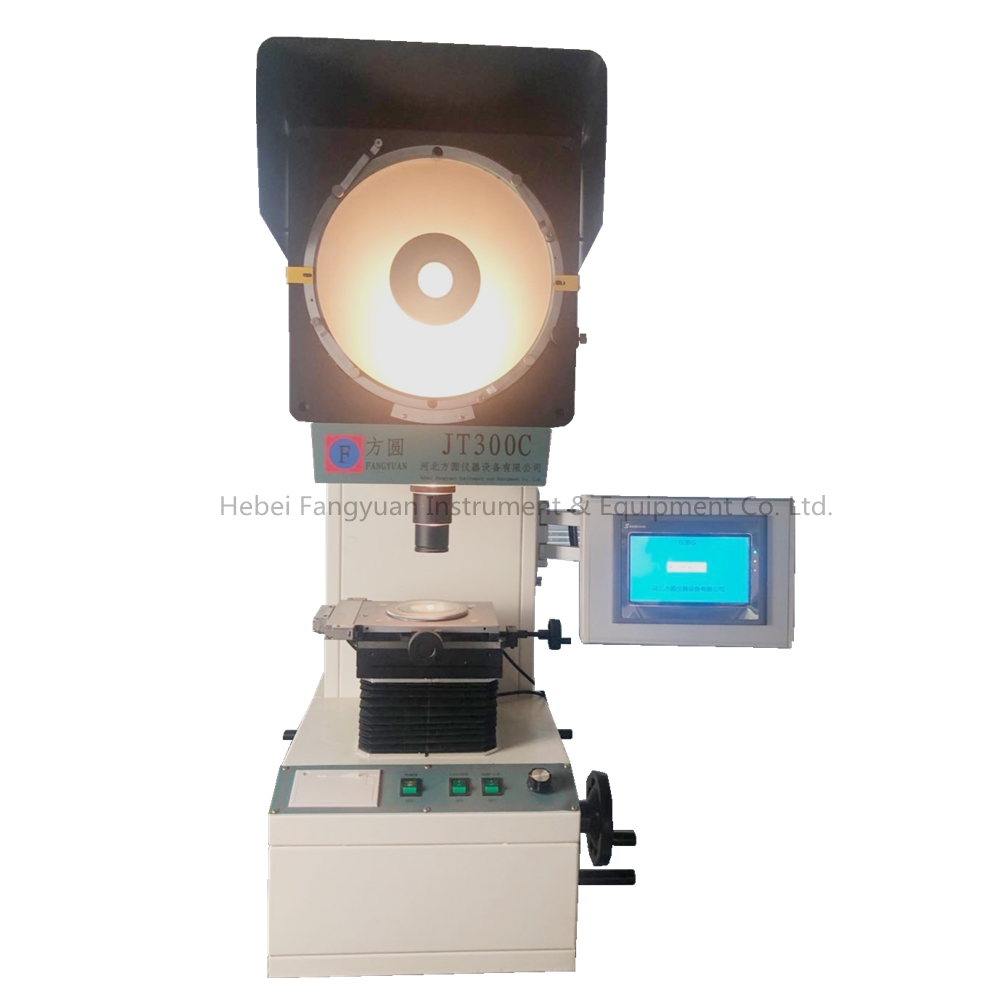Suppliers of Electronic Universal Tensile Testing Machines for Quality Material Testing Solutions
The Importance of Electronic Universal Tensile Testing Machines in Material Testing
In the field of materials science and engineering, understanding the mechanical properties of materials is crucial. One of the most effective ways to assess these properties is through tensile testing, which measures how materials respond to uniaxial tension. Electronic universal tensile testing machines have become the industry standard for conducting these tests due to their precision and versatility. With a growing number of suppliers in the market, it is essential to understand the features and benefits these machines offer.
What is a Universal Tensile Testing Machine?
A universal tensile testing machine is a sophisticated device designed to apply a controlled tensile force to a sample material until it fractures. This machine provides valuable data on critical material properties such as tensile strength, yield strength, elongation, and modulus of elasticity. The universal aspect of these machines implies that they can test a variety of materials, including metals, plastics, textiles, and composites, making them indispensable for manufacturers and research institutions alike.
Advantages of Electronic Universal Tensile Testing Machines
1. Precision and Accuracy Electronic universal tensile testing machines are equipped with advanced sensors and software that enable precise control over the testing process. This results in highly accurate measurements, which are vital for ensuring that materials meet the necessary standards for safety and performance.
2. Data Management Many modern machines come with integrated data acquisition systems that allow for real-time data collection and analysis. This feature not only speeds up the testing process but also facilitates the generation of comprehensive reports that can be easily shared with stakeholders.
3. Versatility These machines are designed to handle a wide range of test specimens. Whether testing the ductility of polymers or the tensile strength of steel, electronic universal tensile testing machines can be easily adapted to meet the specific needs of various materials.
4. User-Friendly Interfaces Many suppliers focus on creating machines with intuitive interfaces, allowing users to operate them with minimal training. This is particularly beneficial in a busy laboratory setting where time is of the essence.
electronic universal tensile testing machine suppliers

5. Compliance with Standards Reputable suppliers ensure that their equipment meets international testing standards, such as ASTM and ISO. This compliance is essential for companies seeking to uphold quality assurance and meet regulatory requirements.
Choosing a Supplier
When selecting an electronic universal tensile testing machine supplier, several factors should be considered
- Reputation and Experience Look for suppliers with a proven track record in the industry. Reviews, testimonials, and case studies can provide insights into the reliability and performance of their machines.
- Technical Support and Maintenance A supplier that offers robust technical support and maintenance services can make a significant difference, especially when troubleshooting issues or requiring calibration.
- Customization Options Depending on specific testing requirements, the ability to customize machines and their configurations can be a crucial factor. A good supplier will work with you to ensure the machine fits your unique needs.
- Training and Resources Some suppliers offer training programs for operators to ensure that they can utilize the machine to its fullest potential. This investment in training can lead to more accurate results and efficient testing processes.
Conclusion
In conclusion, electronic universal tensile testing machines are vital tools in material testing, providing accurate, reliable, and versatile solutions for various applications. As the demand for quality assurance in material properties increases, choosing the right supplier becomes essential. By considering factors such as reputation, support, customization, and training, companies can select a partner that will help them achieve their testing goals efficiently and effectively. With the continued advancement of technology, the future of tensile testing looks promising, ensuring that industries have the tools they need to innovate and maintain high standards.
-
Why the Conductor Resistance Constant Temperature Measurement Machine Redefines Precision
NewsJun.20,2025
-
Reliable Testing Starts Here: Why the High Insulation Resistance Measuring Instrument Is a Must-Have
NewsJun.20,2025
-
Flexible Cable Flexing Test Equipment: The Precision Standard for Cable Durability and Performance Testing
NewsJun.20,2025
-
Digital Measurement Projector: Precision Visualization for Modern Manufacturing
NewsJun.20,2025
-
Computer Control Electronic Tensile Tester: Precision and Power for the Modern Metal Industry
NewsJun.20,2025
-
Cable Spark Tester: Your Ultimate Insulation Assurance for Wire and Cable Testing
NewsJun.20,2025
 Copyright © 2025 Hebei Fangyuan Instrument & Equipment Co.,Ltd. All Rights Reserved. Sitemap | Privacy Policy
Copyright © 2025 Hebei Fangyuan Instrument & Equipment Co.,Ltd. All Rights Reserved. Sitemap | Privacy Policy
